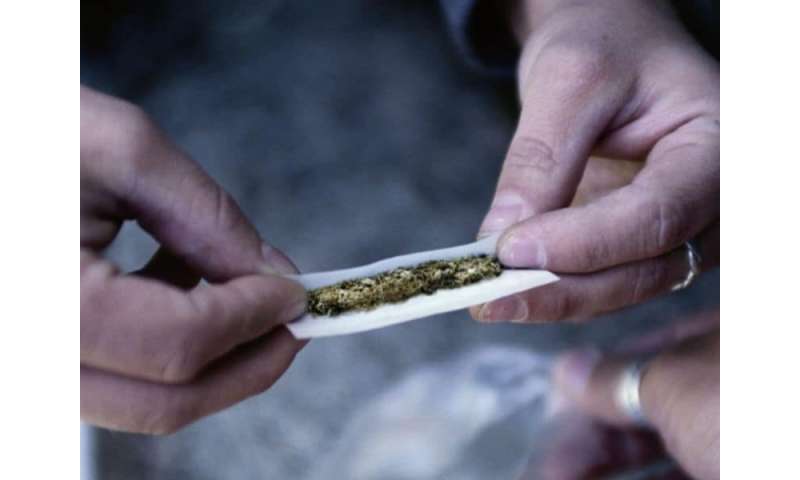
(HealthDay)—The likelihood of having a fungal infection was increased in association with cannabis use in 2016, according to a study published online May 13 in Emerging Infectious Diseases, a publication of the U.S. Centers for Disease Control and Prevention.
Kaitlin Benedict, M.P.H., from the CDC in Atlanta, and colleagues used health insurance claims data from 2016 to assess the prevalence of fungal infection diagnosis codes among persons who use and do not use cannabis.
The researchers found that 0.08 percent of 53,217 persons who used cannabis and 0.03 percent of 21,559,558 persons who did not use cannabis had a fungal infection (odds ratio, 2.6). The odds ratio was 3.5 after adjustment for age and immunocompromised status. Persons who used cannabis were more likely to have mold infections and other fungal infections than those who did not use cannabis (adjusted odds ratios, 3.4 and 2.9, respectively). Among patients with fungal infections, those who used cannabis were significantly younger, more likely to be immunocompromised, more likely to be hospitalized on the date of diagnosis of fungal infection, and more likely to have tobacco use codes compared with those who did not use cannabis.
“Patients with other immunocompromising conditions should be also aware of the possible link between cannabis smoking and fungal infections and might also consider avoiding this exposure,” the authors write. “Physicians should remain aware of the possible link between fungal infections and cannabis use.”
Abstract/Full Text
Copyright © 2020 HealthDay. All rights reserved.
Citation:
Cannabis smoking may increase risk for fungal infection (2020, May 14)
retrieved 14 May 2020
from https://medicalxpress.com/news/2020-05-cannabis-fungal-infection.html
This document is subject to copyright. Apart from any fair dealing for the purpose of private study or research, no
part may be reproduced without the written permission. The content is provided for information purposes only.


